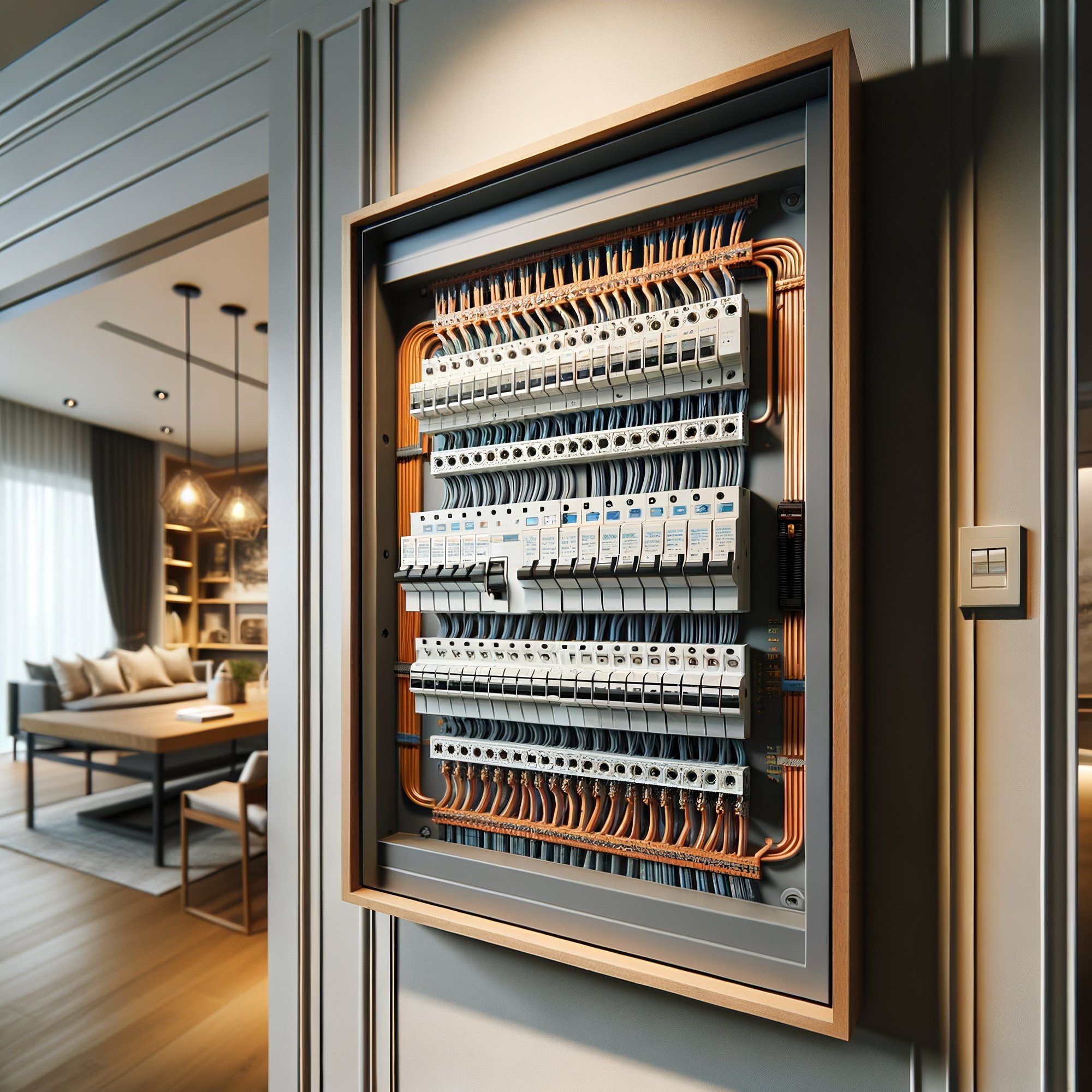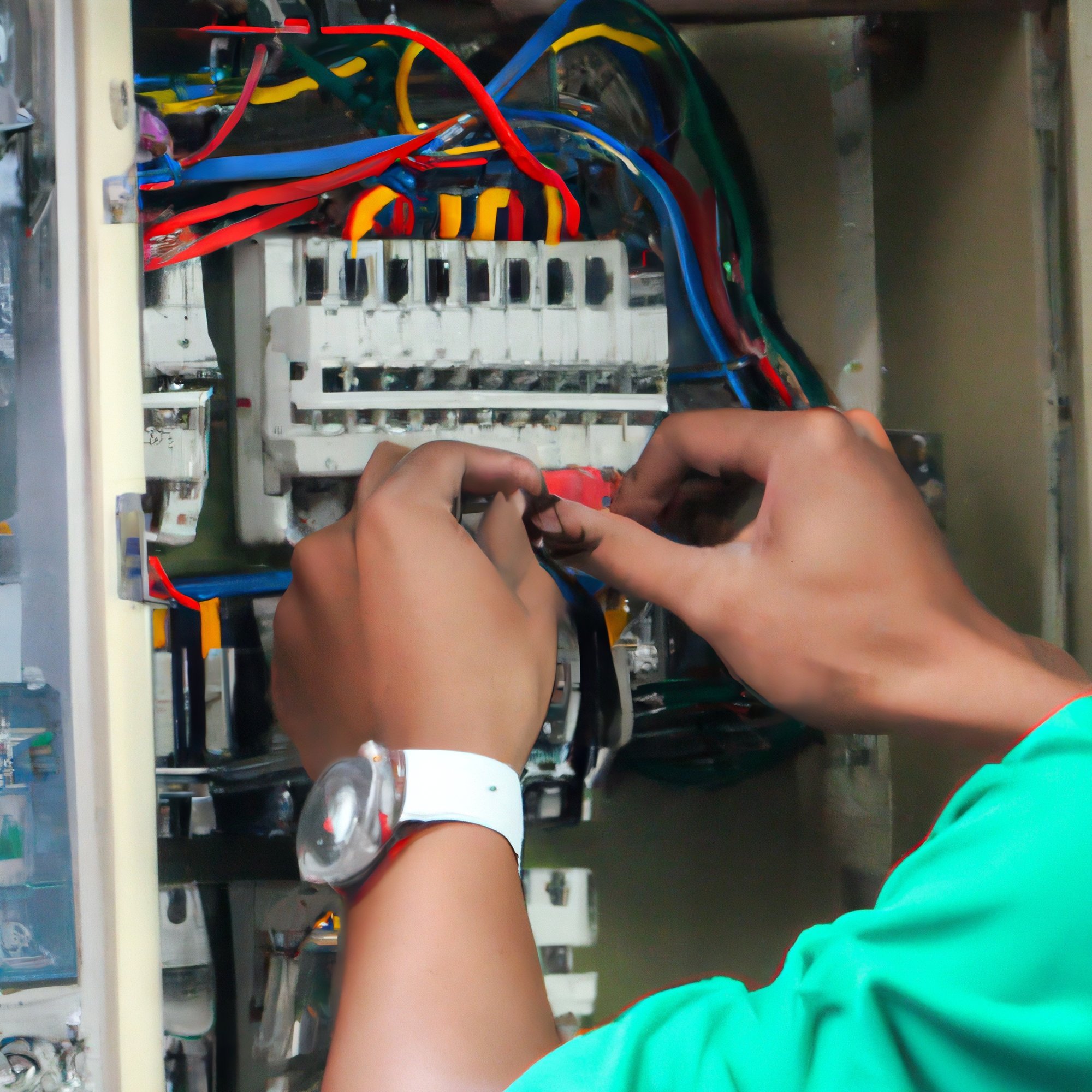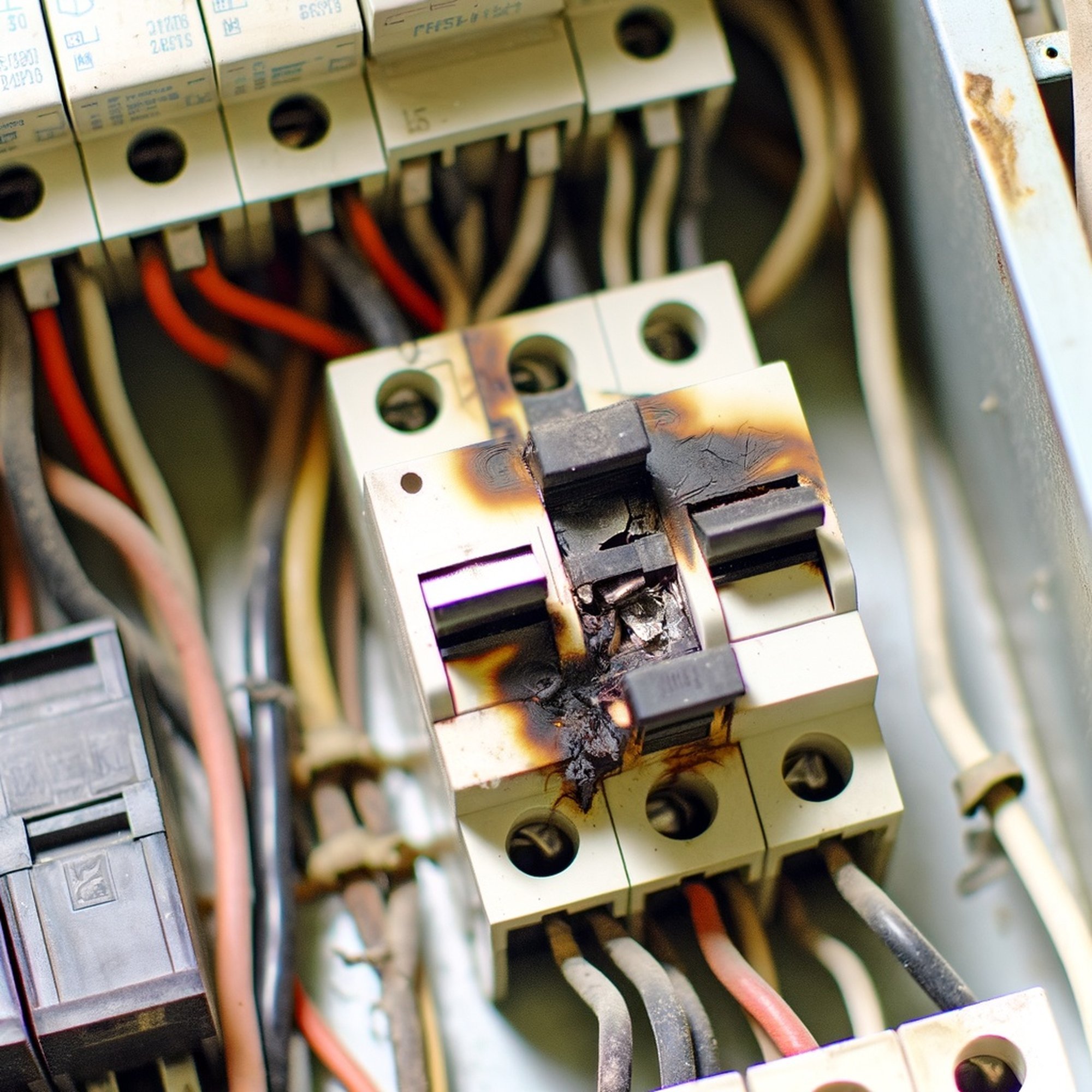Why Does My Breaker Keep Tripping? 5 Common Issues
Circuit breakers are an essential part of any electrical system, designed to protect your home from electrical fires and other hazards. However, if your breaker keeps tripping, it can be frustrating and inconvenient. In this article, we'll explore the common causes of tripping breakers and what you can do to prevent it from happening.
Understanding Circuit Breakers
Before we dive into the reasons why your breaker may be tripping, it's important to understand how circuit breakers work. Circuit breakers are designed to protect your home's electrical system by automatically shutting off the power when there is an overload or short circuit. Located in the electrical panel or subpanel, it prevents the wires from overheating and causing a fire.
When a circuit is overloaded, the breaker will trip, cutting off the power to that specific circuit. This is a safety feature that prevents damage to your home's electrical system and appliances. However, if your breaker keeps tripping, it could be a sign of a larger issue.
Common Causes of Tripping Breakers
A tripped circuit breaker can be a frustrating and concerning issue, especially if it happens frequently. It indicates a problem that needs to be addressed to prevent damage. The worst part, we often heard issues like "why does my breaker keep tripping with nothing plugged in?". Here are some possible reasons why your breaker might be tripping, with or without any appliance plugged in.
Overloaded Circuit
The most common cause of a tripping breaker is an overloaded circuit. This happens when too many appliances or devices are plugged into the same circuit. So, it draws more power than the circuit can handle.
This can happen in older homes with outdated electrical systems. Why? Outdated systems are not capable to handle the demands of modern technology.
To prevent an overloaded circuit, make sure to spread out your appliances and devices across different circuits. Its a way to avoid some appliance like microwave keeps tripping breakers. If you notice that certain circuits are constantly tripping, it may be time to upgrade your electrical system.
Short Circuit
A short circuit occurs when a hot wire comes into contact with a neutral wire, causing a surge of electricity. This can occur if damaged insulation on the wires or a loose connection is present. When a short circuit occurs, the breaker will trip to prevent a fire.
If you suspect a short circuit, it's important to call a licensed electrician to inspect and repair the issue. Avoid trying to fix a short circuit on your own, as it poses potential dangers.
Ground Fault
A ground fault occurs when a hot wire comes into contact with a ground wire or a metal box. This can happen if an appliance or device is faulty or if there is water present. Like a short circuit, a ground fault can cause a surge of electricity and trip the breaker.
If you suspect a ground fault, unplug all appliances and devices from the circuit and reset the breaker. If it continues to trip, call a licensed electrician to inspect and repair the issue.
Faulty Appliance or Device
Sometimes, the culprit behind a tripping breaker is a faulty appliance or device. If you notice that a specific appliance or device is causing the breaker to trip, it may be time to replace it. This is especially true for older appliances that may be drawing more power than they should.
To determine if an appliance is the cause of the tripping breaker, try plugging it into a different circuit. If the breaker trips again, it's likely that the appliance is faulty and needs to be replaced.
AFCI Breakers
AFCI breakers are designed to protect against electrical fires caused by arcing faults. Most rooms in a home, including bedrooms and living rooms, require these types of breakers. However, AFCI breakers can be sensitive and may trip more frequently than traditional breakers.
If you have multiple AFCI breakers tripping, it may be a sign of a larger issue with your home's electrical system. To inspect and repair the problem, best is to call a licensed electrician.
Can Circuit Breakers Go Bad Without Tripping?
While circuit breakers are designed to trip when there is an overload or short circuit, they can also go bad without tripping. This can happen because of wear and tear over time or if the breaker was not installed properly.
If you suspect that your breaker is bad, it's important to call a licensed electrician. Address a faulty breaker as soon as possible, as it poses a safety hazard.
Preventing Tripping Breakers
While some causes of tripped circuit breaker may require the help of a licensed electrician, there are some steps you can take to prevent it from happening in the first place.
Upgrade Your Electrical Panel
If you live in an older home with an outdated electrical system, it may be time to upgrade your panel. This will not only prevent tripping breakers but also improve the safety and efficiency of your home's electrical system.
Spread Out Your Appliances and Devices
As mentioned earlier, an overloaded circuit is a common cause of tripping breakers. To prevent this, make sure to spread out your appliances and devices across different circuits. This will help distribute the power load and prevent any one circuit from becoming overloaded.
Use Surge Protectors
Surge protectors are a great way to protect your appliances and devices from power surges. They can also help prevent tripping breakers by distributing the power load and protecting against short circuits and ground faults.
Regular Maintenance
Just like any other system in your home, your electrical system requires regular maintenance. Schedule regular inspections with a licensed electrician to catch any potential issues before they become bigger problems.
Conclusion
Tripping breakers can be a frustrating and inconvenient issue, but it's important to address it as soon as possible. By understanding the common causes of tripping breakers and taking preventative measures, you can keep your home and family safe from electrical hazards. If you are unsure of the cause of your tripping breaker, it's best to call a licensed electrician for assistance.



